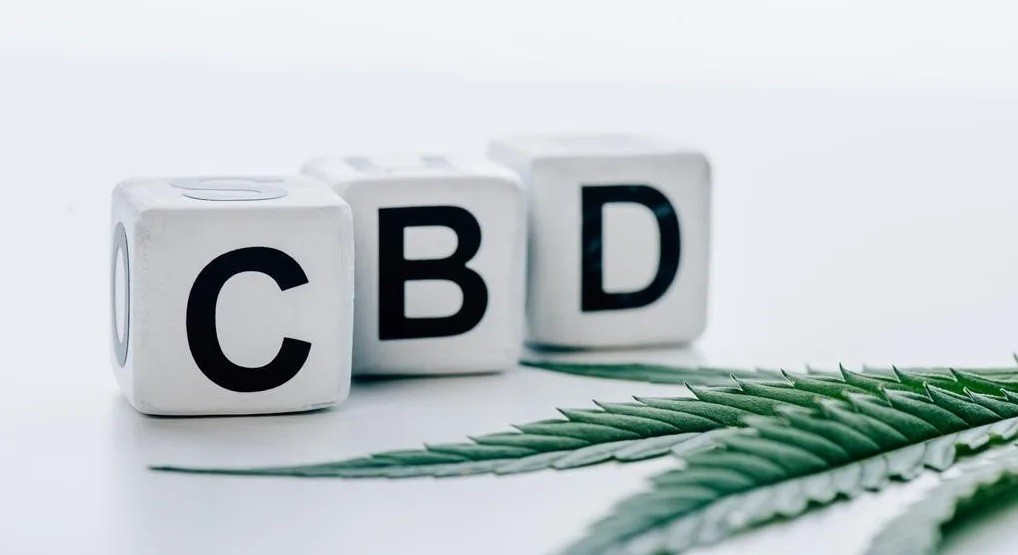According to a new study published in the journal Pharmacological Reports, cannabidiol (CBD) provided antidepressant-like effects in adolescent rats, with no apparent long-term consequences on cognition or emotional behavior.

For the study, researchers administered CBD at varying doses (10, 30, and 60 mg/kg) to adolescent male and female rats over the course of seven days. Antidepressant-like responses were assessed both shortly after administration and 24 hours after repeated dosing using the forced-swim test. While the lowest dose (10 mg/kg) led to clear antidepressant-like effects, the higher doses did not produce significant changes in either sex.
The study also examined neurochemical changes in the hippocampus, including markers like CB1 and CB2 receptors, brain-derived neurotrophic factor (BDNF), and cell proliferation. No alterations were observed at any dose level, suggesting that the behavioral effects were not directly tied to changes in hippocampal neuroplasticity.
Importantly, adolescent rats exposed to CBD showed no impairments in short- or long-term memory when tested as adults using the Barnes maze, nor did they exhibit altered depressive-like behaviors in adulthood. These findings suggest that low-dose CBD may provide short-term benefits during adolescence without lasting adverse effects.
Researchers conclude by stating “Overall, our data suggest that adolescent cannabidiol treatment produces dose-dependent antidepressant-like effects of moderate magnitude without compromising long-term cognition in rats.”








